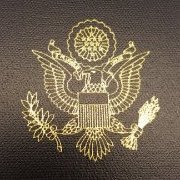Australian Aged Pension
-
Recently Browsing 0 members
- No registered users viewing this page.
-
Topics
-
-
Popular Contributors
-
-
Latest posts...
-
-
3
USA China Surges Ahead in the Military Space Race, US Warns of Shrinking Technological Lead
Maybe that is a good thing. The domino effect of destroying all satellites with added bonus that mankind can't get to space anymore. No more spying from satellites and no space based weapons. -
23
Immigration American Man Arrested for 388-Day Overstay in Sri Sa Ket
I would not be surprised if he has a few outstanding bench warrants back home as well. Probably thought laying low in Srisaket no one would bother with him. -
22
Thai PM Calls Meeting to Discuss Police Pay Hike
Sack half of them and double the pay for those deemed fit to serve. -
10
Transport Motorcycle Taxi Rider Refuses Saucy Proposition for Fare Payment
Happens all the time in Australia but not for 40 baht.😃 I was in taxi business for 20 years, good days.🤣 -
22
Thai PM Calls Meeting to Discuss Police Pay Hike
did you expect her to use her own money ??
-
-
Popular in The Pub











Recommended Posts
Create an account or sign in to comment
You need to be a member in order to leave a comment
Create an account
Sign up for a new account in our community. It's easy!
Register a new accountSign in
Already have an account? Sign in here.
Sign In Now